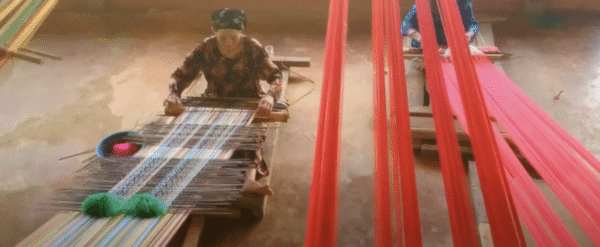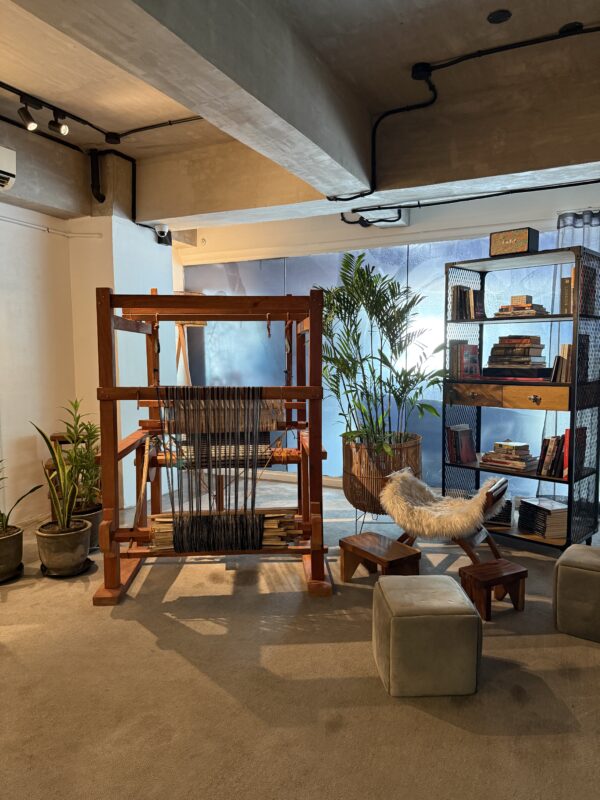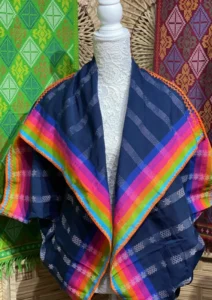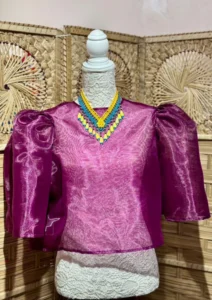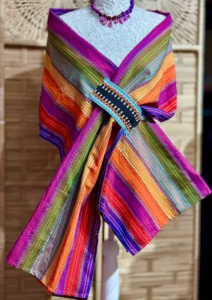The dream to extend Hibla Philippines to Canada began in 2022. What started as a hazy vision finally took shape on May 1, 2025, when Hibla formally established its presence in Edmonton, Alberta. Through the support of the NAIT or Northern Alberta Institute of Technology Blue Book Program, Hibla Philippines is now officially registered to operate as Hibla PH Canada.
The NAIT Blue Book Program is a 16-week pre-accelerator designed to transform ideas into viable businesses. Participants test assumptions through market experiments, such as pop-ups, and receive mentorship from industry professionals. At the end of the program, they are awarded a startup grant of CAD 1,000 to help bring their projects to life.
“The benefit for Hibla was having a clear step-by-step guide on where to begin,” shared Kaedee Fythe, Hibla’s International Relations Affiliate and Engagement Facilitator in Edmonton, who spearheaded the process. A graduate student of NAIT, Kaedee learned about the program and enrolled on behalf of Hibla, laying the foundation for Hibla PH Canada.
On August 31, 2025, Hibla PH Canada successfully completed the NAIT Blue Book Program, a milestone that marks the beginning of a new chapter.
What the Blue Book Program of NAIT Is About
The Entrepreneurial Blue Book Program of NAIT’s Mawji Centre is designed to help aspiring entrepreneurs transform ideas into viable businesses. Delivered online and self-paced, the program guides participants through a structured 16-week process of assumption testing, market validation, branding, and financial planning. Along the way, entrepreneurs gain access to mentorship from industry experts, training from guest speakers, and practical exercises like pop-up markets to test products directly with communities.
For Hibla PH Canada, the Blue Book Program provided not just a roadmap but also a safety net—clarifying licensing processes, connecting with professionals, and even offering a startup grant upon completion. This framework allowed Hibla to experiment with Canadian audiences, gauge interest in handwoven textiles, and establish a foundation for operations in Edmonton. More than a training program, the Blue Book became the bridge between vision and practice, equipping Hibla to plant roots in a new cultural landscape while staying true to its mission of heritage preservation.
Five Times a Charm
Within three months, Hibla PH Canada held five pop-up events across Edmonton. June, coinciding with Filipino Heritage Month in Canada, became especially significant.
The first pop-up, held on June 1 during the Philippine Arts Council’s event Echoes of Identity: Tracking Filipino Cultural Landscapes in Edmonton, happened almost by chance. With only a week to prepare, Kaedee showcased handwoven textiles shipped from Nice Marquez’s U.S. tour. The response was overwhelming, sparking further invitations.
On June 7, Hibla joined the Filipino Heritage Month Celebration in Mabuhay Park, braving strong winds to keep their display standing. “People were very curious about the textiles. They love to know the context,” Kaedee recalled.
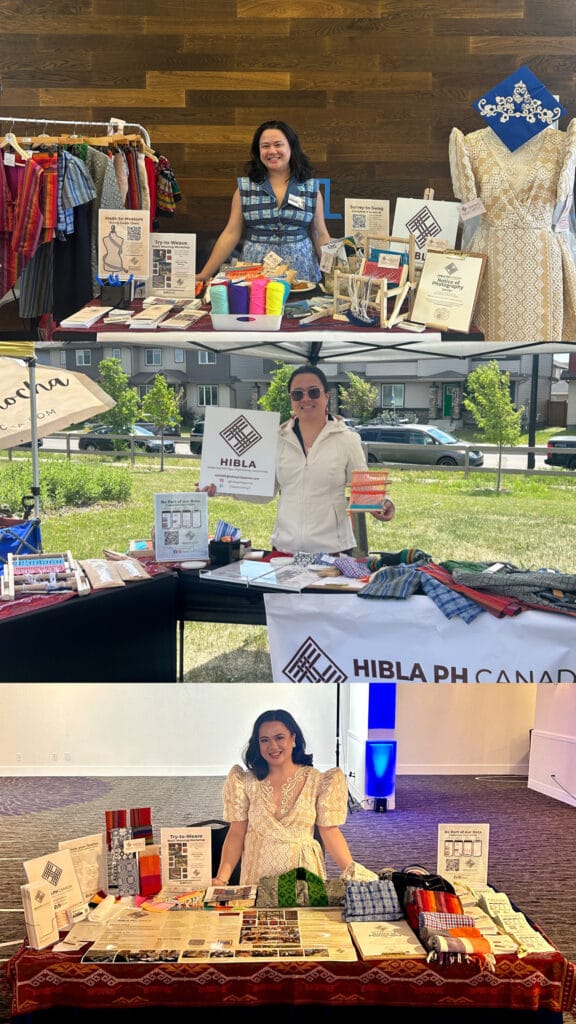
By June 14, Hibla was at the 127th Philippine Independence Day Gala. Though still operating without a license to sell, Hibla presented handwoven garments that caught the attention of guests. “We glammed up. Everyone looked beautiful, but we were the only ones wearing handwoven textiles — and people said, ‘This is heritage.’”
After a pause in July, Hibla returned for EPIC Alberta’s Summer Saya on August 9. With new marketing tools like retractable banners, Hibla earned a Certificate of Appreciation for supporting the Filipino-Canadian community.
The final event, Sari Sari Mercado YEG: Chinatown Summer Festival on August 31, proved to be the biggest success. The display drew large crowds, and Kalinga scarves nearly sold out. Visitors asked about future workshops, sample fabrics, and even volunteer opportunities.
In just three months, Hibla PH Canada built strong connections and sparked new conversations about heritage.
Through Thick and Thin
The journey was not without challenges. From unpredictable Edmonton weather to transportation issues and tight budgets, every event demanded resilience. Most of the display materials were borrowed, handmade, or personally funded by Kaedee.
“It’s a community. It’s not just a ‘me’ effort,” she emphasized, crediting family, friends, and volunteers for their support.
Each booth became a living museum. Visitors from Filipino-Canadians to newcomers and artists expressed awe upon learning that every textile was handwoven. Many asked about workshops, eager to immerse themselves in the craft.
“They’re being presented with opportunities to connect with heritage in the simplest ways,” Kaedee shared.
Despite external hurdles like tariffs and border challenges, Hibla PH Canada embraced adaptation and authenticity. “We’re here to provide a glimpse of heritage that, whatever external factors may shut it down, it withstands, just as these weaves have survived for centuries.”
Forging New Paths
With the NAIT Blue Book Program complete, Hibla PH Canada is now looking ahead to heritage festivals, Filipino-centric events, and even the holiday season. Interest is growing not just in Edmonton but also in Quebec and beyond, with calls to extend Hibla’s reach into the U.S.
For Hibla Philippines’ 5th anniversary, Hibla PH Canada will host its first-ever weaving workshop at EPIC Alberta’s Sama-Sama Kultura: Exploring Filipino Heritage, Together! in October 2025.
“People are looking for opportunities to experience the art, the craft, the immersion,” Kaedee said. “Hibla is there at any time for them. It’s accessible. We just provide opportunities and that’s what we’re here for.”


